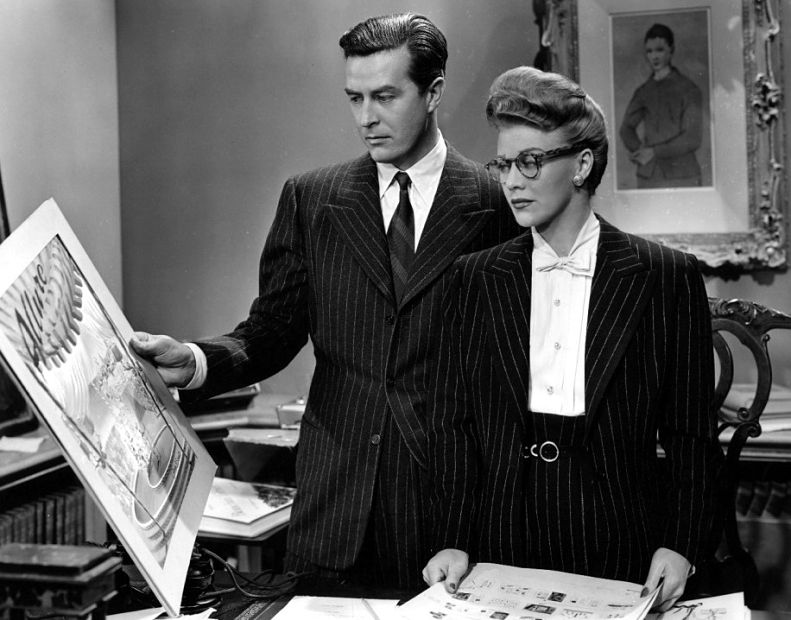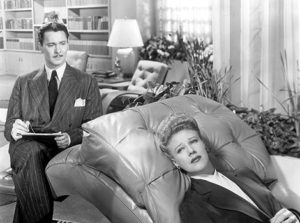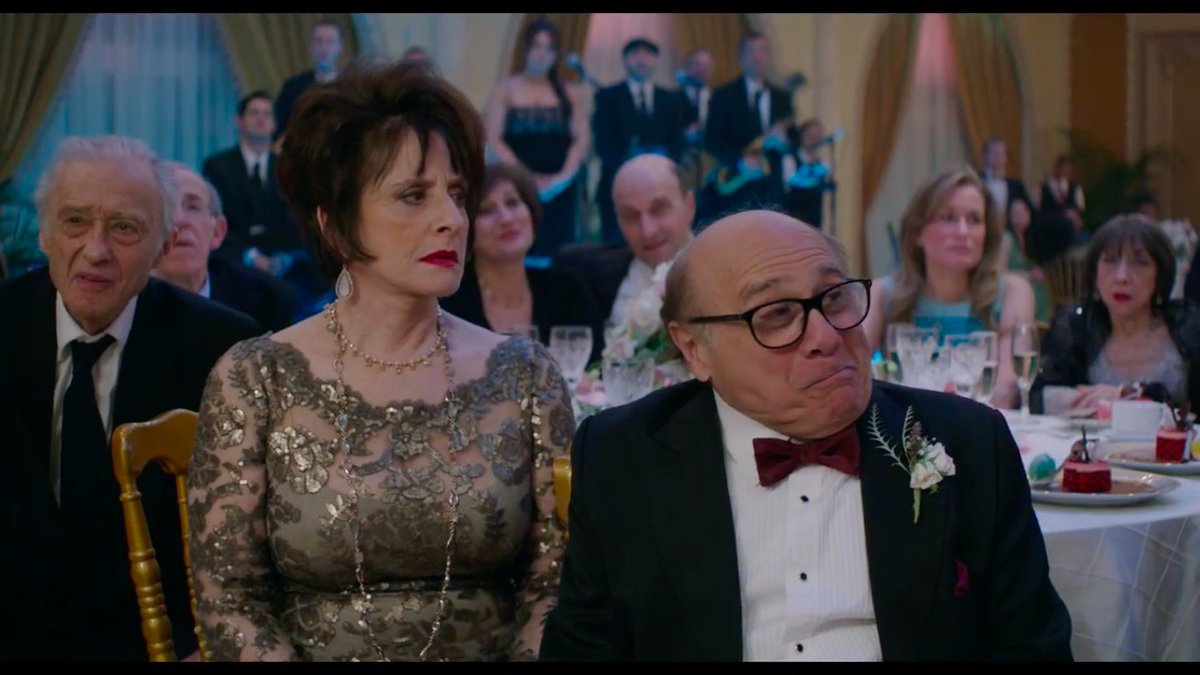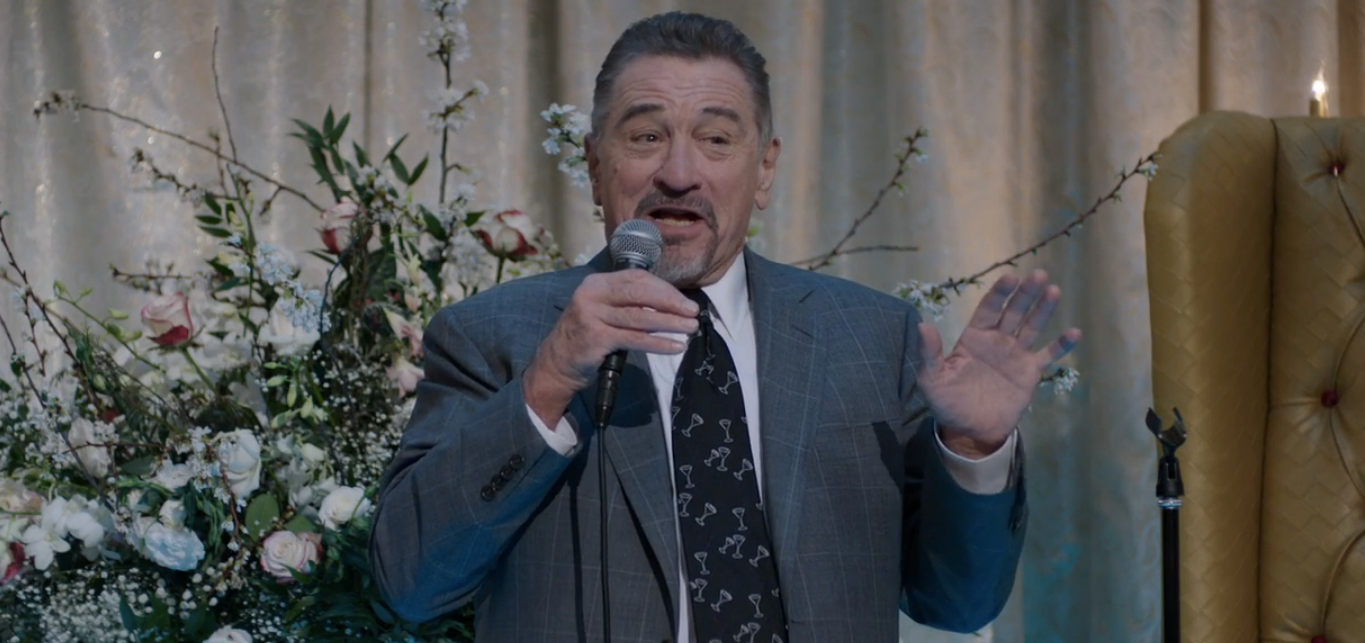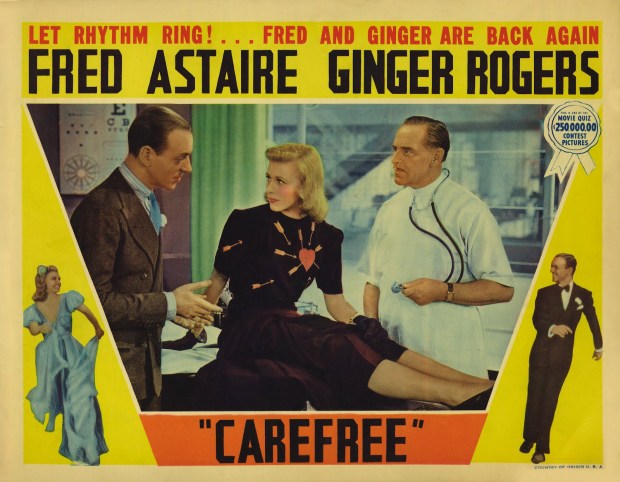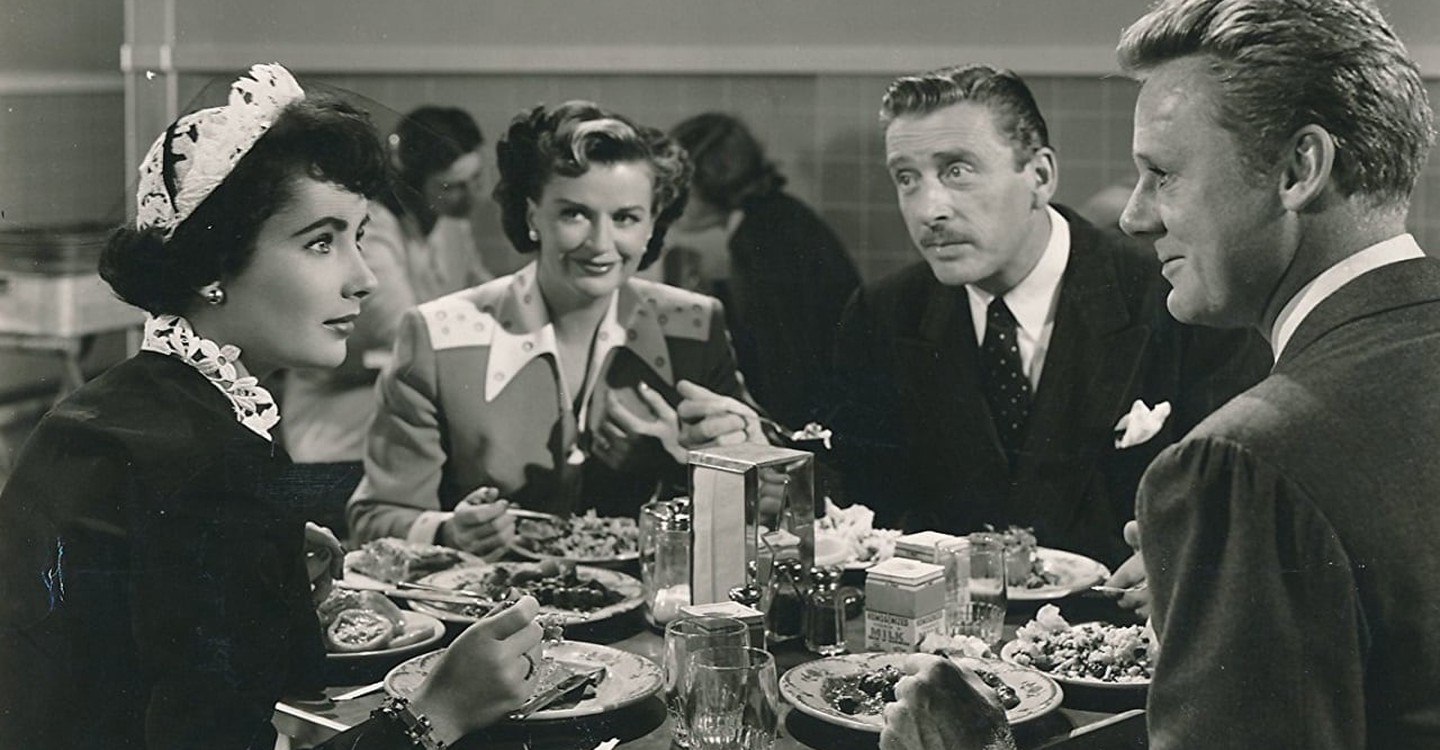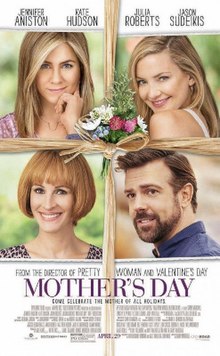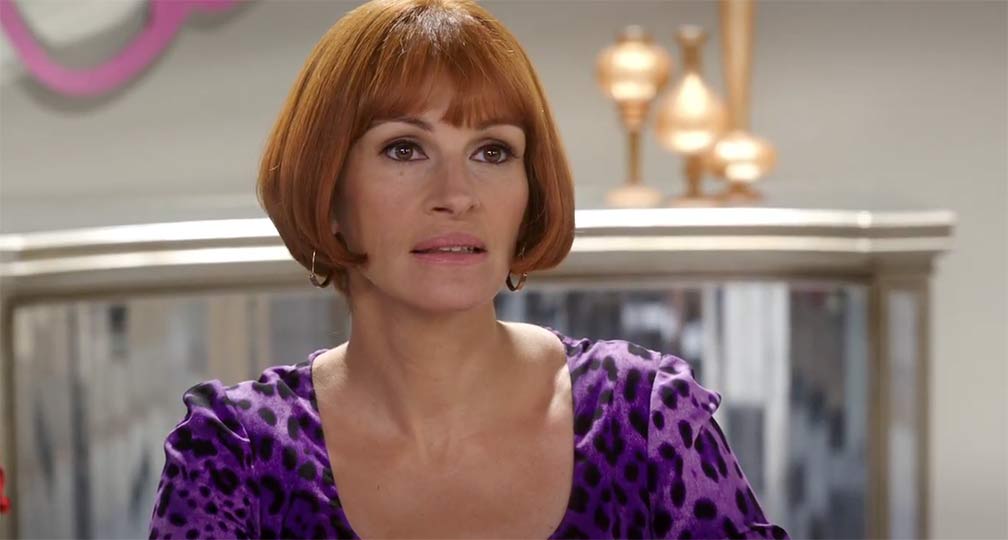Mrs. Henderson Presents
Sparkling entertainment from start to finish inspired by true events, 2005's
Mrs. Henderson Presents is a deliciously entertaining and endlessly imaginative piece of cinematic cotton candy that evokes warmth, sentiment, and might even ignite a tear duct or two.

It is London in 1937 where we meet Mrs. Laura Henderson (Judi Dench), an eccentric and very wealthy widow who, as she puts it, is "bored with widowhood" and, on a whim, decides to buy a run down theater on London's west end and renovate with the aid of the theater manager she hires to manage the place, Vivian Van Damm (Bob Hoskins). The theater experiences brief success producing colorful musical revues, but business begins to suffer when other theaters begin to copy them, so Mrs. Henderson decides the way to revive ticket sales is turn the revues into nude revues.

Of course, Mrs. Henderson must obtain permission for this dramatic change from the current head of London law, Lord Cromer (Christopher Guest) who agrees to the change as long as the women who appear onstage are not allowed to move, like a tableau. Henderson and Van Damm agree and the theater finds even greater success until the advent of WWII, which changes everything for everyone at the Windmill Theater.

Director Stephen Frears, who mounted 1988's
Dangerous Liaisons and directed Helen Mirren into a 2006 Best Actress Oscar for
The Queen has crafted a richly entertaining and wonderfully human story that flies in the face of British aristocracy and does it on a large and inviting canvas, that extends beyond the Windmill Theater and involves most of London as a new theatrical concept threatens the very proper British theater going population.

I loved that the story turns out to be a show business story that involves more than pretty girls baring their breasts. It was interesting watching the difference between the two sets of auditions that we witness. The audition for the original revue was a completely different thing than the audition than for the nude revue and I loved the way they decided what kind of girls they were going to need for the nude revue and that it wasn't just about the way they looked without their clothes on.

Mrs. Henderson's care about her theater and especially for the way these girls are treated was quite endearing, as well as her attraction to Van Damm, which she is in complete denial about. The scene where Mrs. Henderson discovers that Van Damm is married was quite startling, a reaction this reviewer didn't see coming, but found wonderfully human. And despite the attraction between these two, I like that it never became the focus of the story, the focus was always the Windmill Theater.

Frears' striking attention to period detail is on the money and production values are first rate, with standout photography, film editing, Sandy Powell's incredible costumes. and George Fenton's evocative music. Oscar winner Judi Dench lights up the screen in the title role, a performance rich with power and humor and she is matched by the late Mr. Hoskins as the man Mrs. Henderson constantly attempts to crumble, but never does. The offbeat casting of Christopher Guest totally works and I loved Kelly Reilly as Maureen, one of the nudie chorus girls. Loved this movie, everything worked here.


